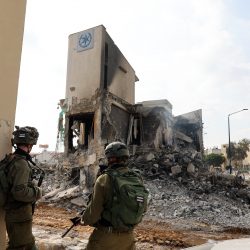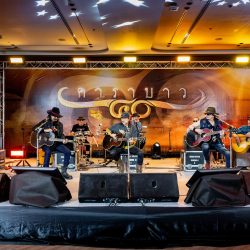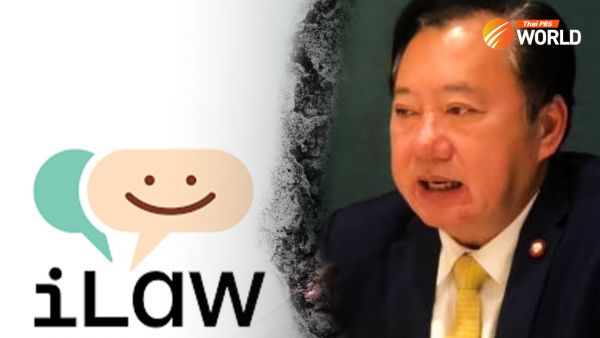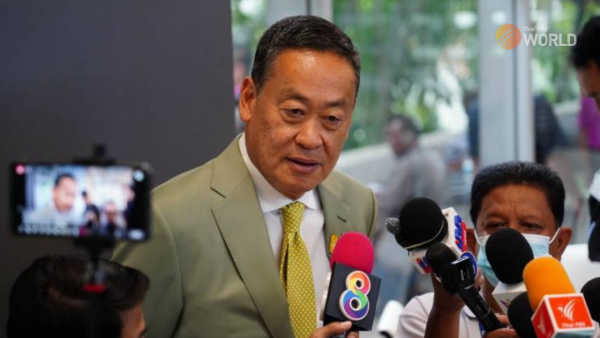Assessing the legacy of Thailand’s first people power uprising
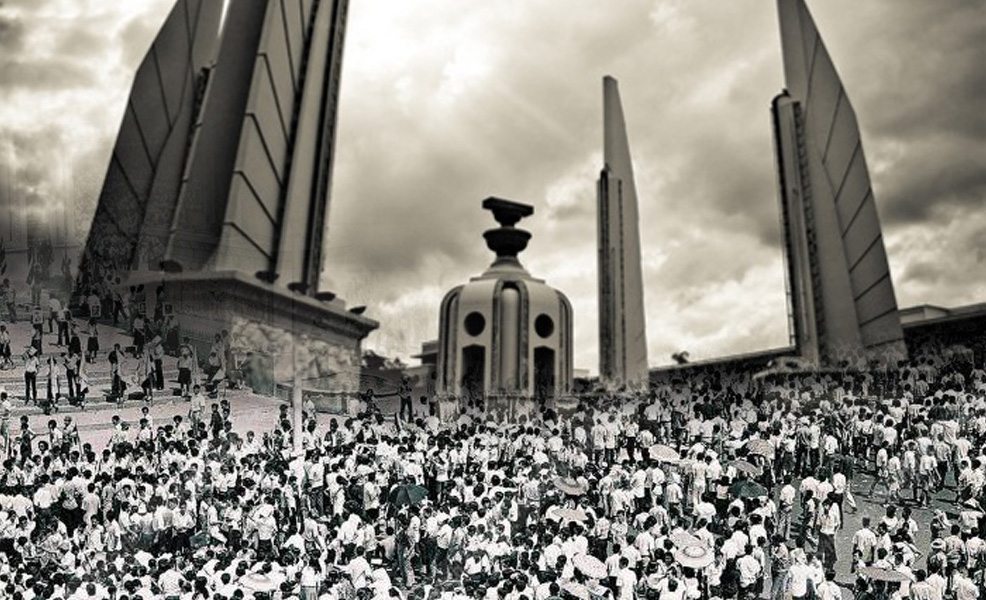
50 years ago this week, growing discontent with the Thai ruling elite’s corruption and abuse of power boiled over into a major campus protest at Thammasat University, one of Thailand’s oldest universities and a hotbed of political activism, before escalating into widespread street demonstrations.
They culminated in an unprecedented popular uprising that saw hundreds of thousands of people rally on Rajadamnern Avenue in Bangkok on October 14th, to demand an end to dictatorship under the Thanom government. Hundreds, including university students, were gunned down by security forces, but the pro-democracy protesters won the day.
On that day, the corrupt regime, led by Prime Minister Field Marshal Thanom Kittikachorn and his military cohorts, crumbled after more than 10 years in power. It was, without a doubt, a triumph for people power, but it came with a heavy price in terms of human lives.
While it ushered in a new era of democracy, the student-led October 14th uprising in 1973 will always be remembered as one of the darkest periods in Thai political history. In his speech, delivered the same night as the bloody crackdown subsided, the late King Rama 9 described it as “a day of great sorrow”.
For half a century, every October 14th sees relatives and friends of the “October 14th heroes”, along with political activists and politicians, gather to remember the event. The annual ritual, however, often rekindles questions over whether the young lives lost that day have brought about any real meaningful change.
Only three years after the people’s revolt, another tragedy struck, with dozens of students massacred at the hands of militarily-supported rightwing extremists on the campus of Thammasat University – the very same place that had given birth to the student movement that engineered the October 14th uprising. On that fateful day, October 6th, 1976, the military took power again, perpetuating the vicious cycle of civilian government and military rule, which persisted until very recently.
As the October 14th uprising is commemorated again this year, Thai politics is entering a new phase, which sees a democratically-elected government replacing the old administration, which was a legacy of the military dictatorship that reigned for almost nine years. A return to democracy again is, however, no guarantee that the vicious cycle has ended.
The question of what impact the October 14th uprising has had on Thai political development remains a major topic of debate to this day. The debate is also getting more intense, as the 50th anniversary of the event is commemorated.
Throughout this week, Thai PBS World will present a series of commentaries and analyses to commemorate this historic event, by tracing its root causes and assessing its impacts on Thailand’s political and social landscape. We have also engaged with a range of thinkers and political and social activists, many of whom were participants in the uprising as students, to get their insights into how the events of 50 years ago have helped shape Thailand’s complex political journey.

